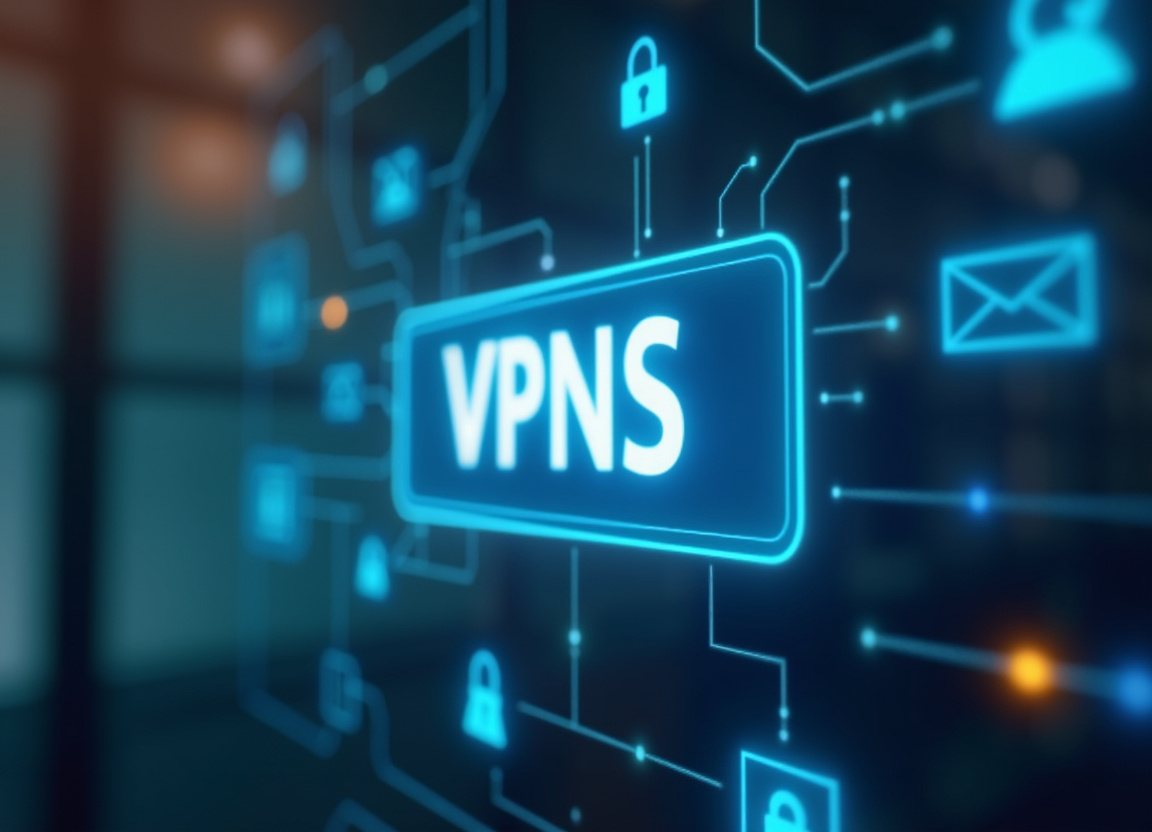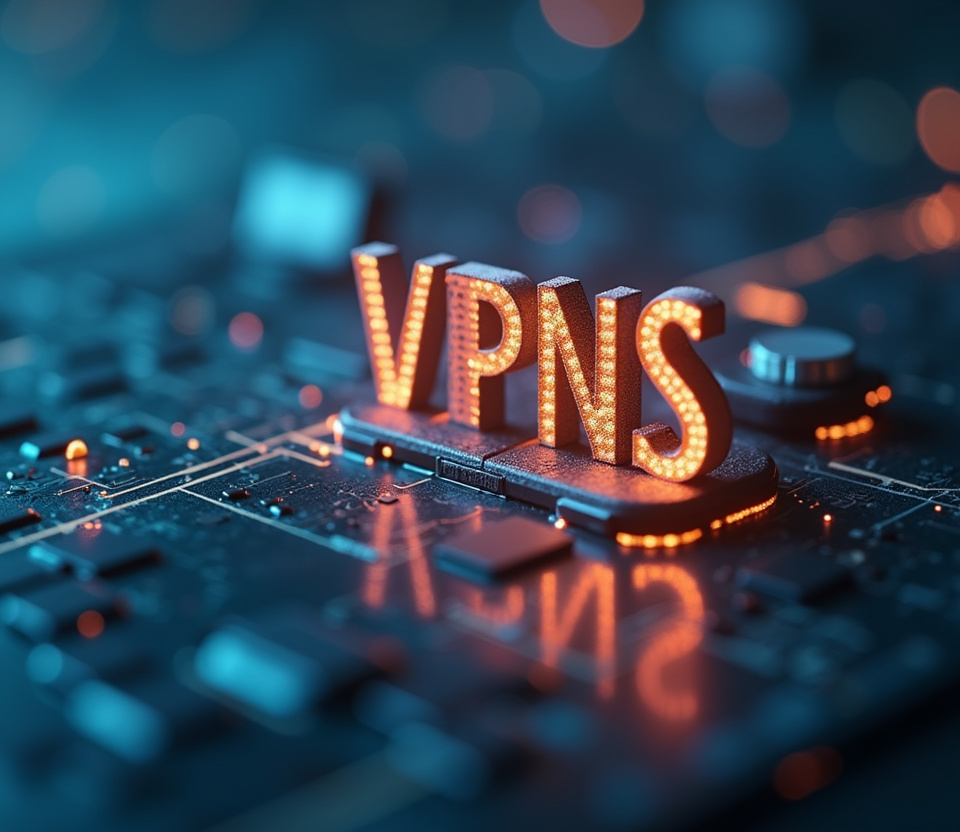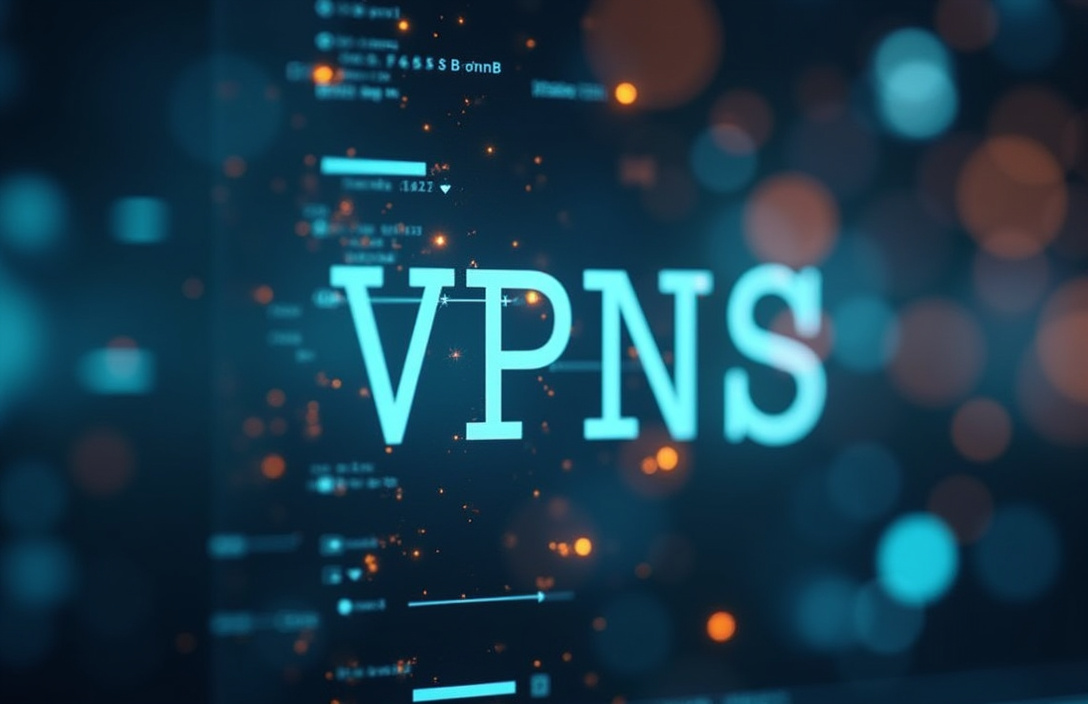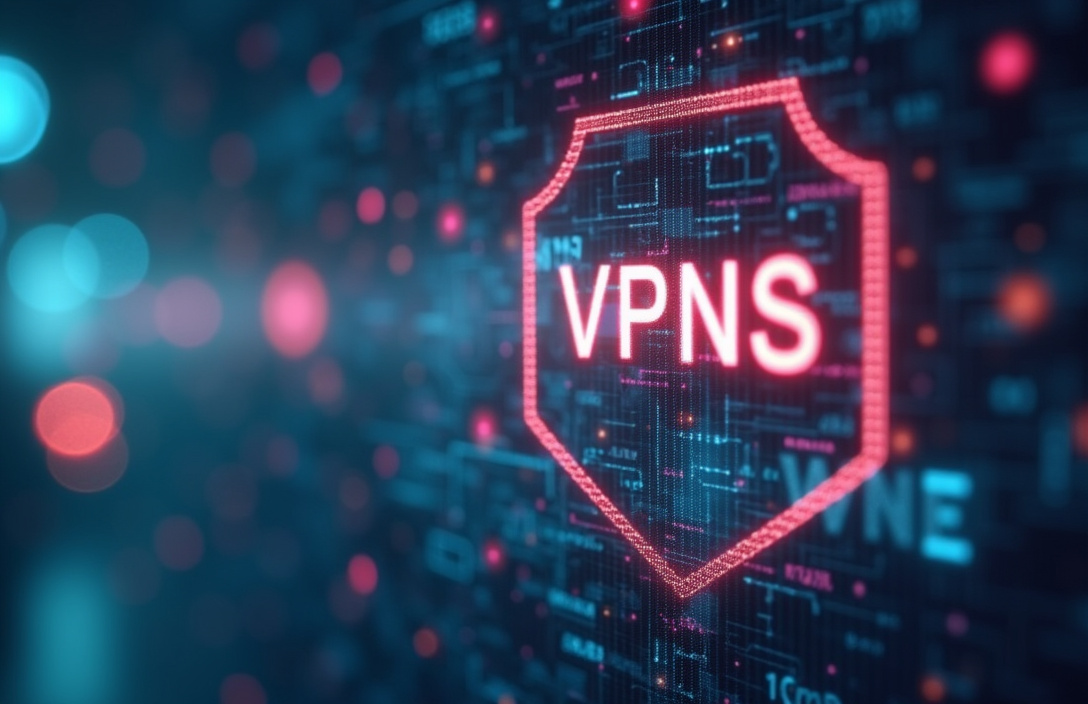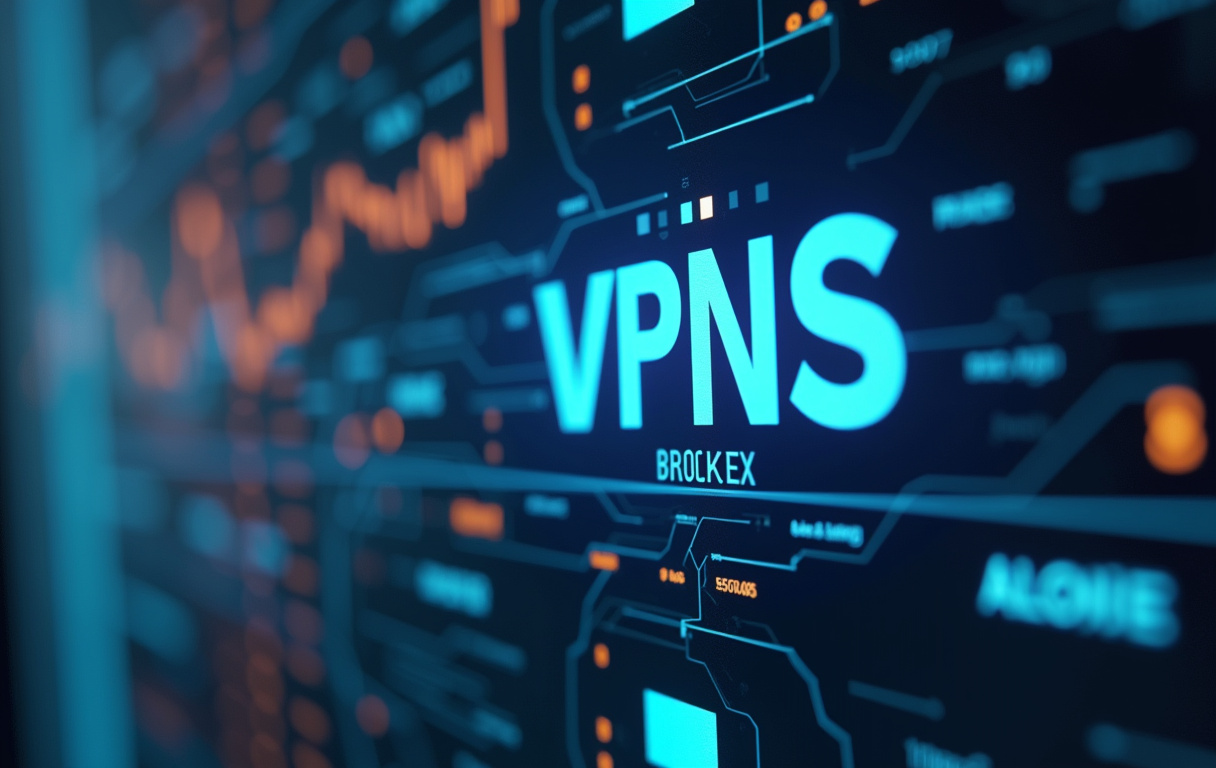VPNs for Non-Profit Advocacy: Securing Campaign Data
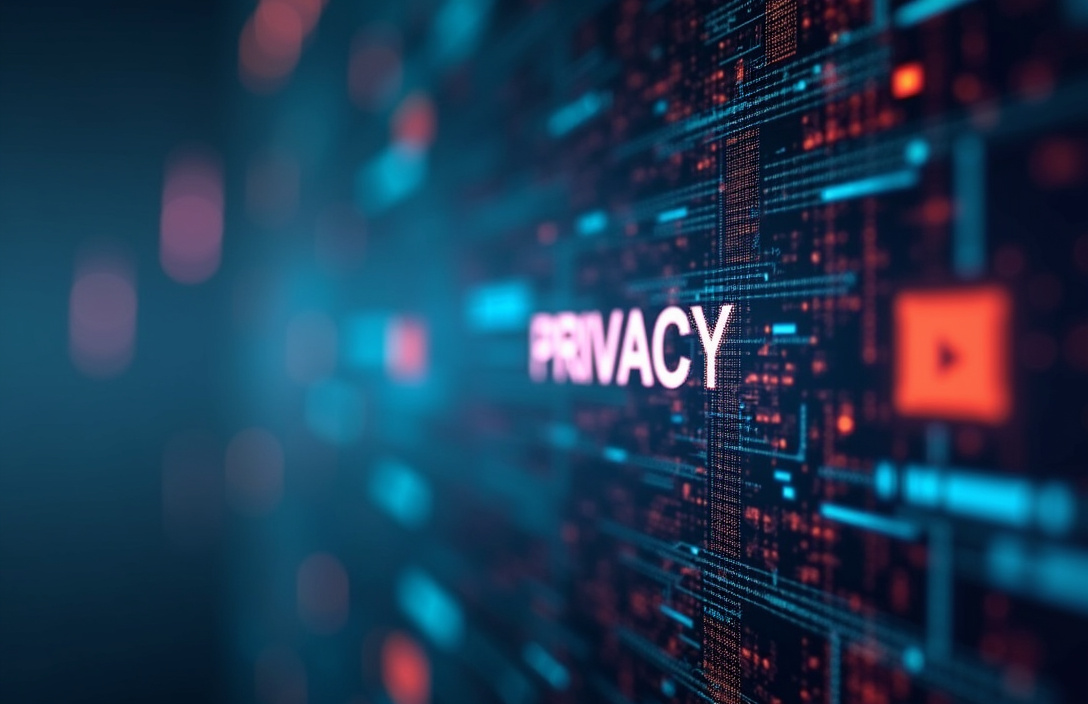
Table of Contents
advocacy protection
In the contemporary digital landscape, non-profit organizations engaged in advocacy face an increasingly complex web of cyber threats and data security challenges. The very nature of their work – often involving sensitive information, confidential communications, and strategic campaign data – makes them prime targets for malicious actors, state-sponsored surveillance, and even well-intentioned but misguided data collection practices. To effectively pursue their missions and safeguard the privacy of their stakeholders, non-profits must prioritize robust data security strategies, with Virtual Private Networks (VPNs) emerging as a critical component of that security infrastructure.
This article delves into the essential role of VPNs in bolstering campaign data security for non-profit advocacy, exploring how these tools can enhance , strengthen , and mitigate the risks associated with operating in a digital world. A can, in essence, become a digital shield, safeguarding sensitive information from prying eyes and ensuring the integrity of vital campaign operations. One of the most fundamental benefits of using a VPN for non-profit advocacy lies in its ability to encrypt internet traffic.
Encryption transforms readable data into an unreadable format, making it virtually impossible for unauthorized parties to intercept and decipher sensitive information. This is particularly crucial when non-profit staff are working remotely, utilizing public Wi-Fi networks notorious for their lack of security. Without a VPN, data transmitted over these networks is vulnerable to eavesdropping, potentially exposing confidential campaign strategies, donor information, and communications with beneficiaries.
Utilizing a ensures that all data transmitted between the user's device and the VPN server is encrypted, creating a secure tunnel that protects against interception. Furthermore, VPNs mask the user's IP address, effectively hiding their true location and online activity from external observers. This feature offers several advantages for non-profit advocacy.
Firstly, it protects against targeted surveillance and tracking, preventing adversaries from monitoring the organization's online activities and identifying individuals involved in sensitive campaigns. Imagine, for instance, a non-profit working on environmental protection. Without a VPN, their online communications and research activities related to specific corporations or government policies could be easily tracked, potentially leading to interference or even legal challenges.
Secondly, it allows non-profit staff to access restricted content and bypass censorship, enabling them to gather information and communicate with stakeholders in regions where internet access is limited or controlled. This is particularly vital for organizations working on human rights or political reform in authoritarian regimes. By providing a secure and anonymous online presence, empowers non-profits to operate with greater confidence and freedom, extending their reach and impact even in challenging environments.
However, it's crucial to acknowledge that not all VPNs are created equal. The effectiveness of a VPN hinges on various factors, including the strength of its encryption protocols, the transparency of its data logging policies, and the jurisdiction in which it operates. Non-profits must carefully vet potential VPN providers, prioritizing those with a proven track record of security and privacy.
A thorough review should encompass an examination of the provider's privacy policy, its data retention practices, and its history of security breaches. Some VPNs, particularly free ones, may log user data and sell it to third parties, effectively undermining the very they are supposed to provide. Choosing a reputable provider that adheres to strict privacy standards is essential for ensuring that the VPN truly enhances rather than creating new vulnerabilities.
This careful selection process should also involve understanding the legal and regulatory landscape in which both the non-profit and the VPN provider operate. Data protection laws vary significantly from country to country, and it's important to ensure that the VPN provider complies with all applicable regulations.
advocacy protection
Beyond the basic functionalities of encryption and IP masking, VPNs can offer a range of additional features that further enhance for non-profit organizations. One such feature is a "kill switch," which automatically disconnects the user from the internet if the VPN connection drops unexpectedly. This prevents unencrypted data from being transmitted in the event of a VPN failure, ensuring that sensitive information remains protected at all times.
Imagine a scenario where a non-profit employee is working on a confidential report about human rights abuses. If their VPN connection were to drop without a kill switch activated, their IP address and browsing activity could be exposed, potentially revealing their identity and the nature of their research to hostile entities. The kill switch acts as a safety net, immediately severing the internet connection and preventing any unintentional data leakage.
Another valuable feature is DNS leak protection, which prevents the user's DNS requests from being routed through their internet service provider (ISP), potentially exposing their online activity. DNS (Domain Name System) servers translate domain names (like example.com) into IP addresses, allowing users to access websites. However, without DNS leak protection, these requests can be intercepted by the ISP, revealing which websites the user is visiting, even when using a VPN.
By using a VPN with DNS leak protection, non-profits can ensure that all their internet traffic is routed through the VPN server, further enhancing their anonymity and . This is particularly important for organizations working on sensitive issues, where even the act of visiting certain websites could attract unwanted attention. In addition to these technical features, non-profits should also consider the VPN provider's server network.
A provider with a large and geographically diverse server network offers greater flexibility and resilience. Users can connect to servers in different locations to bypass geo-restrictions, access local content, and improve connection speeds. For example, a non-profit researching environmental regulations in a specific country might need to access websites or databases that are only available within that country.
By connecting to a VPN server located in that country, they can bypass geo-restrictions and access the necessary information. A wider server network also reduces the risk of server overload and ensures that users can always find a reliable connection. If a particular server is experiencing technical difficulties or is under attack, users can simply switch to another server in a different location.
The server network can also influence speeds and latency, so selecting a server close to the intended resource will minimize the latency. The implementation of a should be integrated within a broader security policy. A VPN is just one piece of the puzzle.
To maximize its effectiveness, it must be part of a comprehensive security strategy that addresses all aspects of data protection, from employee training to incident response planning. This security policy must address many topics to offer maximum protection: data encryption at rest, multi-factor authentication for sensitive accounts, regular software updates, and strong password management practices. Thorough training for staff is also critical.
Non-profit employees need to understand how to use the VPN correctly and safely, as well as the importance of adhering to the organization's data security policies. This training should cover topics such as creating strong passwords, avoiding phishing scams, and recognizing potential security threats. Regular security audits and vulnerability assessments are also essential for identifying and addressing potential weaknesses in the organization's security infrastructure.
By proactively identifying and mitigating vulnerabilities, non-profits can minimize their risk of data breaches and ensure the ongoing effectiveness of their security measures. Without this integration, even the most robust VPN can be rendered ineffective by human error or other security lapses.
non-profit VPN
The use of a extends beyond simply protecting data in transit; it also plays a crucial role in safeguarding the anonymity and safety of individuals involved in sensitive advocacy campaigns. In many parts of the world, activists, journalists, and human rights defenders face significant risks of surveillance, harassment, and even persecution for their work. By using a VPN to mask their IP addresses and encrypt their communications, these individuals can protect their identities and minimize their risk of being targeted.
This is particularly important for those working to expose corruption or authoritarian practices. A VPN becomes a vital tool, enabling them to continue their critical work while mitigating the dangers they face. Consider a scenario where a human rights organization is working to document abuses in a country with a repressive regime.
The organization's staff and volunteers may be communicating with sources on the ground, collecting sensitive information, and publishing reports that are critical of the government. Without a VPN, these activities could be easily monitored, placing the individuals involved at risk of arrest, detention, or even violence. Furthermore, a can enable non-profits to bypass censorship and access vital resources in countries with restricted internet access.
Many governments block access to websites and social media platforms that are critical of their policies or that provide information that they deem to be harmful. A VPN can circumvent these restrictions, allowing non-profit staff and volunteers to access these resources and communicate with individuals in censored regions. This is particularly important for organizations working on issues such as freedom of speech, press freedom, and access to information.
Imagine a non-profit that promotes democracy and good governance. In a country where the government controls the media and restricts access to information, the organization might use a VPN to access independent news sources, monitor social media discussions, and communicate with activists and journalists. By bypassing censorship, the non-profit can help to ensure that citizens have access to the information they need to make informed decisions about their government.
Beyond individual safety, there are other organizational considerations. A helps maintain operational security. It can protect against Distributed Denial of Service (DDoS) attacks, which can overwhelm a non-profit's website and servers, disrupting their online activities.
By masking the organization's IP address, a VPN makes it more difficult for attackers to target their infrastructure. Also, a good VPN can prevent man-in-the-middle attacks on compromised or public networks. These attacks try to intercept and alter communication between two parties, stealing credentials, data, or sessions.
When selecting a , transparency and trustworthiness are critical. Review the VPN provider's logging policy, jurisdiction, and security audits. A provider that explicitly states it does not log user activity ensures greater privacy.
The VPN provider's jurisdiction matters too. Some countries have strong data retention laws or intelligence-sharing agreements that could compromise user privacy. Select a provider based in a country with strong privacy protections.
Finally, look for VPN providers that undergo regular security audits by independent third parties. These audits can verify the provider's security claims and identify potential vulnerabilities. These are particularly critical for organizations that require the highest levels of security and privacy.
Prioritizing these elements maximizes the and contributes to the overall legitimacy of the VPN within the advocacy work. The VPN should be seen as a tool for empowerment, contributing to the cause of action.
non-profit VPN
Choosing the right requires careful planning and assessment. The selection process should begin with a thorough understanding of the organization's specific needs and priorities. Factors to consider include the size of the organization, the sensitivity of the data being handled, the budget available for security measures, and the technical expertise of the staff.
A small, volunteer-run organization with limited resources will have different needs than a large, international non-profit with a dedicated IT department. The type of data being handled also plays a crucial role. Organizations that work with highly sensitive information, such as personal data about vulnerable populations or confidential legal documents, will require a VPN with stronger security features and more robust privacy policies.
A detailed requirements analysis will help narrow down the field of potential VPN providers and ensure that the chosen solution is a good fit for the organization's needs. This analysis should go beyond simply listing desired features and should delve into the specific use cases for the VPN. For example, will it primarily be used for remote access to internal resources, for secure communication with external partners, or for bypassing censorship in restricted countries?
Understanding these use cases will help prioritize certain features over others. Once a shortlist of potential VPN providers has been compiled, non-profits should conduct thorough research to evaluate their reputation, security features, and privacy policies. This research should include reading reviews from independent cybersecurity experts and other users, consulting with IT professionals, and examining the providers' track record of security incidents.
Be wary of providers with a history of data breaches or privacy violations. It's also important to scrutinize the provider's terms of service and privacy policy to understand how they collect, use, and share user data. Look for providers that are transparent about their data logging practices and that commit to protecting user privacy.
Pay close attention to what data they collect and for how long they retain it. A clear and concise privacy policy is a sign of a trustworthy provider. It's also important to assess the providers' customer support, as reliable and responsive support is crucial for resolving any technical issues that may arise.
Check for the availability of different support channels, such as email, phone, or live chat, and read reviews to gauge the quality of the support provided. A provider with excellent customer support can save valuable time and resources in the event of a technical problem. Furthermore, consider the cost of the VPN service.
While free VPNs may seem appealing, they often come with significant security and privacy risks. Paid VPNs typically offer better security features, more reliable performance, and more robust customer support. However, the cost of a VPN can vary widely, so it's important to compare prices and features from different providers to find a solution that fits the organization's budget.
The VPN implementation should also align with industry best practices. One is to use strong encryption protocols. Ensure that the VPN uses strong encryption protocols, such as AES-256, to protect data in transit.
Outdated or weak encryption protocols can be easily compromised by attackers. Use multi-factor authentication. Enable multi-factor authentication (MFA) for all user accounts to add an extra layer of security.
MFA requires users to provide two or more forms of authentication, such as a password and a code from their phone, to access their accounts. Restrict VPN access to authorized users only. Implement access controls to limit VPN access to authorized users only.
This can help to prevent unauthorized access to sensitive data. Monitor VPN usage for suspicious activity. Regularly monitor VPN usage for any suspicious activity, such as unusual login attempts or excessive data transfers.
This can help to identify and respond to potential security threats. By taking these steps, non-profits can ensure that their VPN implementation is secure and effective, safeguarding their effectively. These layers of security provide and allow the staff to conduct their work in a safe environment by applying .
VPN for advocacy
Finally, it's crucial to remember that a is not a silver bullet. It's just one component of a comprehensive security strategy. Non-profits must also implement other security measures, such as firewalls, intrusion detection systems, and anti-malware software, to protect their networks and systems from attack.
They should also regularly update their software and operating systems to patch security vulnerabilities. A holistic approach to security involves addressing all potential attack vectors and implementing multiple layers of defense. This approach helps prevent incidents.
It's also important to stay informed about the latest security threats and trends. The cybersecurity landscape is constantly evolving, and new threats emerge regularly. Non-profits should subscribe to security newsletters, follow cybersecurity experts on social media, and participate in industry events to stay up-to-date on the latest risks and best practices.
Beyond these technical considerations, non-profits should also foster a culture of security awareness among their staff. Employees are often the weakest link in the security chain, and they can be easily tricked into clicking on malicious links or divulging sensitive information. Regular security awareness training can help employees recognize and avoid these threats.
This training should cover topics such as phishing scams, social engineering attacks, and password security. It should also emphasize the importance of reporting suspicious activity to the IT department. By creating a culture of security awareness, non-profits can empower their staff to be active participants in protecting the organization's data.
Furthermore, non-profits should develop an incident response plan to outline the steps to take in the event of a security breach. This plan should identify key personnel, define roles and responsibilities, and outline procedures for containing the breach, recovering data, and notifying affected parties. A well-defined incident response plan can help minimize the damage caused by a security breach and ensure that the organization can quickly recover its operations.
Testing the incident response plan regularly through simulations and drills is used to identify gaps and improve its effectiveness. In conclusion, utilizing a is a vital step for non-profit organizations to secure their campaign data, protect their advocacy efforts, and maintain the privacy of their stakeholders. However, implementing a VPN is not a one-time fix.
It requires careful planning, ongoing maintenance, and a commitment to security best practices. By following the guidelines outlined in this article, non-profits can choose the best tools and secure implementation of VPNs. This allows their staff to use this technology to contribute more effectively to advocacy goals.
A layered approach to security requires integrating a VPN within a broader security framework. This framework encompasses strong passwords, consistent monitoring, and incident response plans. Regular security audits and the encouragement of a security-aware organizational culture further strengthen these defenses.
By combining these elements, advocacy organizations can enhance their This ensures long-term operational integrity while promoting the safety of their team. As many attacks occur, an ethical and thorough IT policy can help non profits. This helps these critical organizations to continue serving and supporting their respective causes.
Together this reduces potential risks and creates a more resilient and secure environment.
Stay Updated
Get the latest VPN news, tips, and exclusive deals to your inbox.
